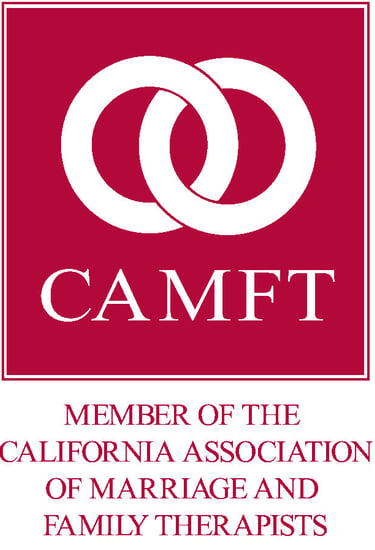Why Change in Therapy Can Be Counterintuitive
At the heart of the "Paradoxical Theory of Change" is radical acceptance. This idea resonates deeply with clients struggling with self-worth, anxiety, or societal pressures. Many individuals come to therapy with conflicting desires—to be themselves while simultaneously striving to meet external expectations.
PSYCHOTHERAPY SAN FRANCISCO THERAPY


Understanding change is central to the therapeutic journey. For individuals in San Francisco seeking therapy, whether for personal growth or relational healing, the Paradoxical Theory of Change, as presented by Arnold Beisser, offers profound insights. This framework, rooted in Gestalt therapy, challenges conventional approaches to transformation and provides a roadmap for authentic self-discovery.
What Is the Paradoxical Theory of Change?
Beisser’s theory posits a counterintuitive idea: true change happens when we fully embrace who we are rather than striving to become someone we’re not. This process involves abandoning coercive self-improvement efforts and instead investing wholly in our current state. According to Beisser, only by standing firmly in the present can individuals find the stability needed to evolve.
The Role of Acceptance in Therapy
At the heart of the Paradoxical Theory of Change is radical acceptance. This idea resonates deeply with clients struggling with self-worth, anxiety, or societal pressures. Many individuals come to therapy with conflicting desires—to be themselves while simultaneously striving to meet external expectations. Beisser highlights the futility of this struggle and emphasizes the therapeutic value of embracing one’s authentic self.
For clients in San Francisco, a city known for its diversity and fast-paced lifestyle, this approach can be particularly transformative. It encourages individuals to step back from the “topdog/underdog” dichotomy of self-criticism and find peace in their present identity.
Practical Applications in Therapy
Therapists employing Beisser’s framework guide clients through a process of self-acceptance and integration. This often involves:
Exploring Inner Conflicts: Clients may confront and reconcile opposing facets of their identity, such as ambition versus contentment or independence versus connection.
Facilitating Dialogue: Therapeutic techniques, like encouraging dialogue between conflicting internal roles, help people integrate fragmented aspects of themselves.
Fostering Presence: Therapists emphasize being fully present in the moment, enabling clients to connect with their genuine needs and feelings.
Why This Matters for San Francisco Therapy Clients
San Francisco is a hub of innovation, growth, and cultural diversity. However, its dynamic environment can also amplify feelings of inadequacy or pressure to constantly evolve. The Paradoxical Theory of Change offers a counterbalance, reminding clients that sustainable transformation begins with self-acceptance.
Whether you’re navigating personal challenges, relationship struggles, or existential questions, therapy grounded in Beisser’s insights can help you find clarity and purpose.By embracing who you most authentically are, you open the door to meaningful and lasting transformation.





